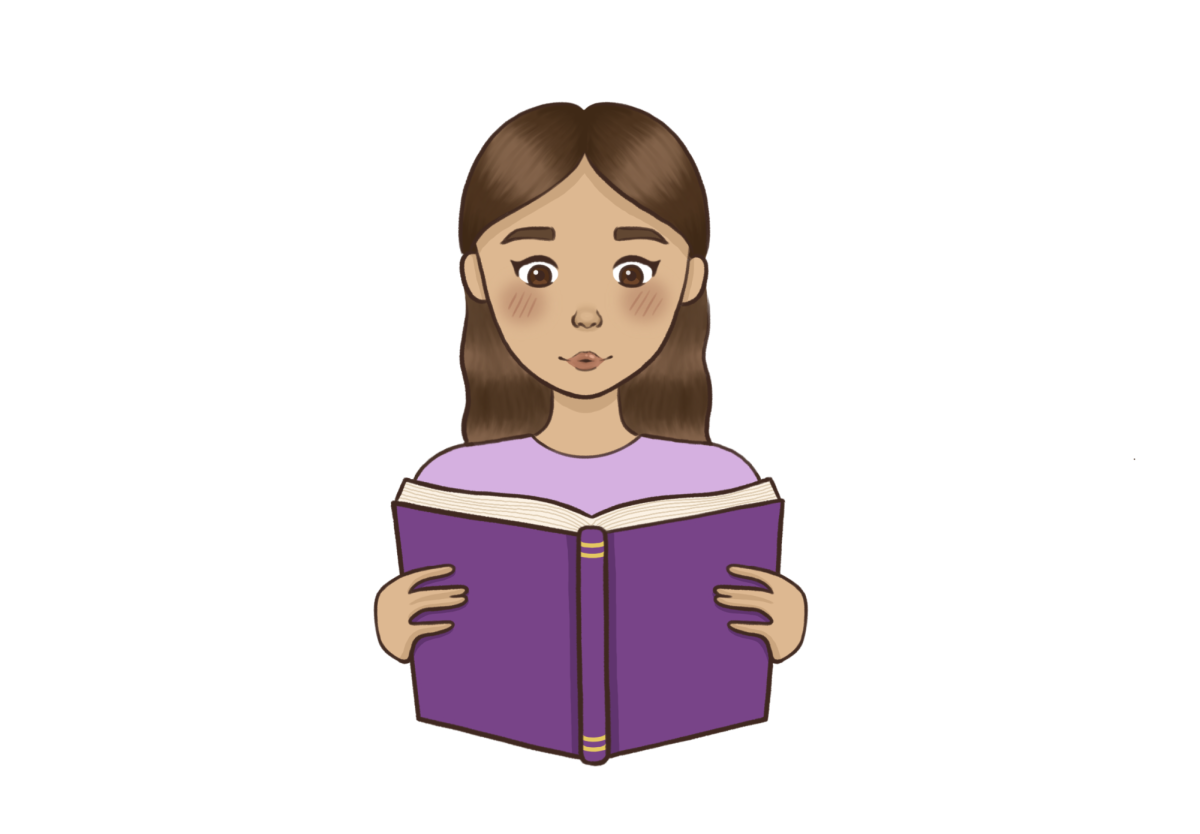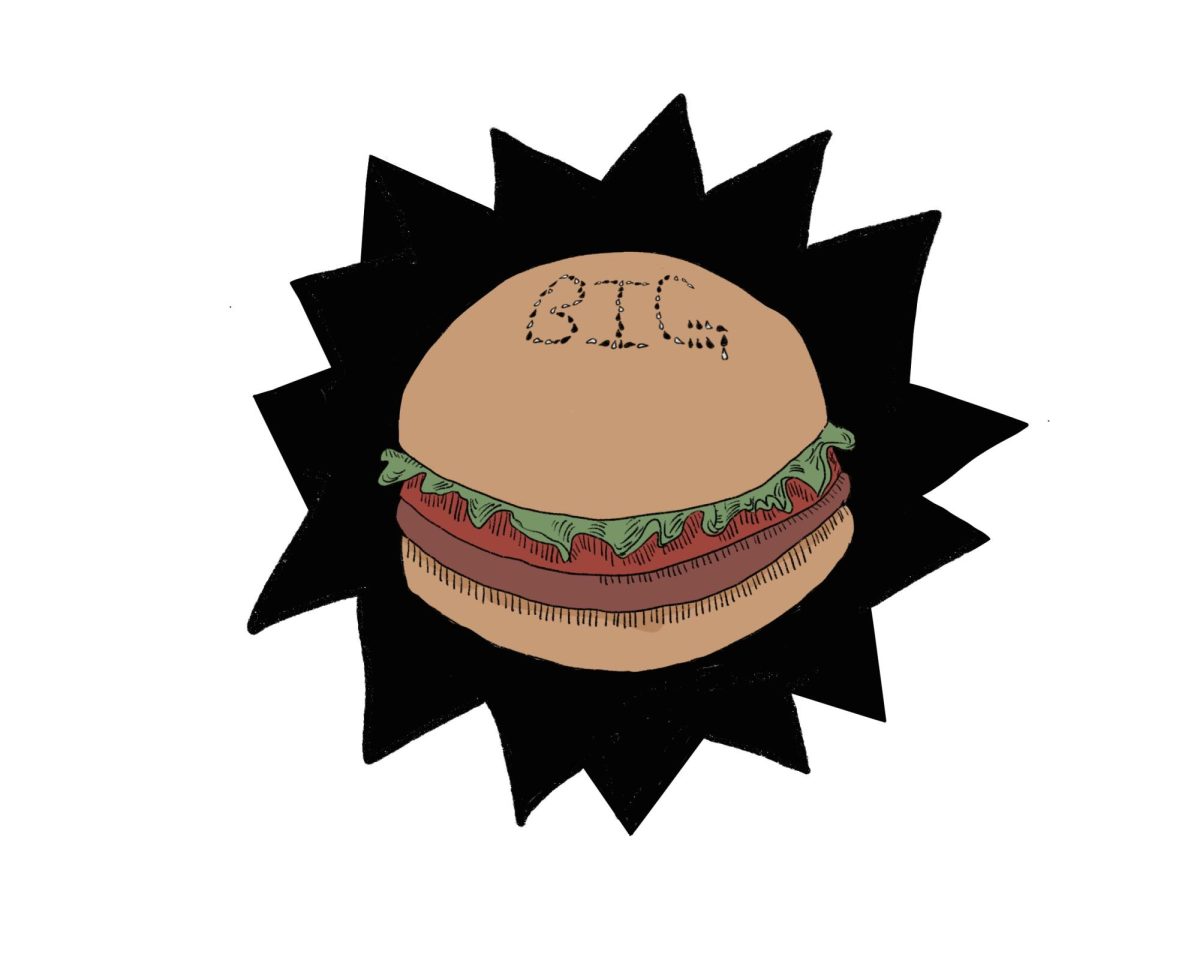What defines a classic novel? In order to discuss the removal of classics from certain school curricula, it is important to clarify the term’s meaning.
According to ThoughtCo.com, for a novel to attain the title of a classic, it must “meet some common high standards for quality, appeal, longevity and influence.” In other words, a classic book possesses literary merit and has acquired and maintained cultural relevance since its publication. Although some classics were published centuries ago, many modern classics have also been released in the past century.
Utilizing these definitions, there is significant diversity in what is considered a classic. In honor of Penguin Classics’ 75th anniversary, they published a list of classics that included novels ranging from “The Tale of Genji” by Murasaki Shikibu to “Frankenstein” by Mary Shelley to “Passing” by Nella Larsen.
However, arguments encouraging a shift away from “classics” typically refer to works written by groups of old, predominantly white writers. For example, despite the widespread presence of classics published by nonwhite authors, a simple search for “Classic Literature” within the popular website Goodreads reveals a long list of novels whose writers are majority white, including “To Kill a Mockingbird” by Harper Lee, “The Great Gatsby” by F. Scott Fitzgerald and “The Catcher in the Rye” by J.D. Salinger.
In recent years, there have been significant debates over which classics should be included in school curricula and whether some should be taught at all. One complaint levied against these classics is that curricula composed either entirely or mostly of them impose a narrow perspective on students. Stanford student Mai Wang expressed her thoughts about the issue.
“In my experience as an undergraduate and graduate student in English, the books that we’re taught to value are largely written by dead white men,” Wang said.
For some teachers, the solution is diversifying curricula and incorporating novels from a wider range of authors with different identities and perspectives. Oftentimes, this does not entail completely removing these classic books, but does include adding more novels to English curricula.
Another main criticism directed toward some of the classics pertains to their offensive or outdated language and content, such as racial slurs. “To Kill a Mockingbird” serves as a valuable example. According to The Washington Post, the presence of racial slurs throughout the novel alongside the perception of the story’s main character Atticus being a “white savior” contributed to its removal from certain school curricula, such as in the Mukilteo School District in Washington state. Thus, some classics have been criticized not only for their derogatory language and the potential harm it could cause students, but also for their presentation of race-related issues mainly from a white perspective.
“‘To Kill a Mockingbird’ centers on whiteness,” teachers advocating for the novel’s removal from English curricula in the Mukilteo School District said. “It presents a barrier to understanding and celebrating an authentic Black point of view in Civil Rights era literature and should be removed.”
In this instance, the decision to eliminate “To Kill a Mockingbird” was met with both approval and criticism. While some people agreed with the book’s removal, others argued that when paired with historical context and discussion, the novel allowed teachers to broach topics such as racism alongside other notable themes.
“It’s just so valuable to have that history and have that literature. And it’s good literature,” Mukilteo School District teacher Ann Freemon told The Washington Post.
This specific example of taking “To Kill a Mockingbird” out of curricula is indicative of broader conversations and debates pertaining to this topic. Evidently, the topic is controversial and many hold varying perspectives. However, while this discussion surrounding the removal of classics from English classrooms generally begins within progressive spaces, most other campaigns to remove books from school curricula have come from the conservative side of the political spectrum. According to The New York Times, conservative groups such as the Florida Citizens Alliance have raised moral objections to content they deem “sensitive, inappropriate or pornographic.” However, “the books most frequently targeted for removal have been by or about Black or LGBTQ people,” The Times said. Thus, there is a notable distinction that is necessary to acknowledge before further delving into the topic of classics in schools, specifically at Marlborough.
Marlborough is one of many schools that have had some classics removed from their curriculum. So far, “To Kill a Mockingbird” and Charlotte Brontë’s “Jane Eyre,” published in 1847, have been taken out of the School’s syllabus. Though both were replaced, the underlying reasons behind their removal differed.
In 2020, “To Kill a Mockingbird” was cut from the 7th grade curriculum for its use of racist language. Head of the English Department David Long expressed how the department views such language as an interference with the students’ education.
“We do the best we can to frame these texts and how to handle the language for our students,” Long said. “But it became evident upon teaching ‘To Kill a Mockingbird’ … that the number of times offensive language or racial slurs appeared in the text was so great that it actually had the impact of shutting down the learning of our students.”
In “Jane Eyre,” teachers noticed a pattern of students inquiring about the 20-year age difference between protagonist Jane Eyre and her love interest Mr. Rochester. Teachers also felt the length of the novel consumed valuable classroom time.
“It felt like that storyline was relatively dated for our students,” Long said.
In place of the novels, grade-level teachers look through potential texts before meeting with Long to discuss possible additions to the curriculum that they believe will maintain a well-rounded syllabus. Long discussed the pieces they chose in substitution of “Jane Eyre” for 8th graders
“In this case, we replaced it with ‘The Marrow Thieves,’ which is by an author who’s a part of the Métis nation,” Long said. “And also a dystopian short story unit and creative writing that is tied to the storytelling theme students follow in 8th grade.”
“The Marrow Thieves” is a futuristic novel that takes place in a world devastated by global warming. In this world, all people – except indigenous North Americans – lose the ability to dream. This leads to widespread craze for the marrow of indigenous peoples, which they fight to resist as it leads to death for donors.
The 7th grade team of English teachers selected a memoir by Trevor Noah called “Born a Crime” in place of “To Kill a Mockingbird.” The book follows Noah during his childhood in South Africa after being born of an illegal interracial marriage during the Apartheid era.
Each of the newly implemented books in the curriculum highlight significant topics surrounding race and the importance of community. Thus, some feel that students are not missing out on relevant discussions without the inclusion of classics.
“I don’t really think I’m missing out because I know that [‘To Kill a Mockingbird’] is also very serious,” Mia ’29 said. “However, I think it should be in the curriculum for high schoolers … It is a really good literature piece from a very good author, but it is very mature so that is why I think it should be for Upper School students.”
Other students oppose the removal of classics from Marlborough’s curriculum.
“While I do believe that having a balance of classics and more modern work is imperative, I think it’s important to keep classics in our curriculum,” Libby ’25 said. “As with learning history, these books can teach students the world’s past flaws, which are needed in order for growth. I have found that reading classics has allowed me to connect with older generations, as I can join in on conversations and have a broader understanding of our world and culture.”
Throughout the nation, some schools are feeling the effects of this phenomenon more than others. Amal, a student from Chicago, who asked The UltraViolet not to use her last name, explained that the movement to get rid of classics has not impacted her school, Northside College Preparatory High School, as students have continued reading classics.
“We still read classics like Gatsby, ‘The Crucible’ and Shakespeare,” Amal said. “Our classes still focus on classics in American literature, so we still read popular classics that are expected, and even in middle school we read George Orwell and ‘To Kill a Mockingbird.’”
Meanwhile, some students in other schools and states throughout the nation have noticed the impact of classics being removed from curricula. Georgia, a high school student from Michigan, has witnessed her school’s removal of classics due to questionable and potentially damaging content.
“In my school, certain books like ‘Of Mice and Men’ have become banned because of intense topics, such as intercourse or derogatory terms,” Georgia said. “Other schools have cut out books like ‘To Kill a Mockingbird’ because of its racism. I believe they want to shelter the new generation from racism and sexual content that is harsh, but at the same time sometimes you have to read content like that to grow and understand what’s wrong.”

Despite their different experiences with classics at their schools, both Amal and Georgia have witnessed the gradual removal of classics from other schools and states throughout the country. While they recognize why classics have been removed from curricula, they question if it is the right decision.
“In other states, I’ve heard of books, such as ‘1984’ and ‘A Brave New World,’ being removed from the curriculum because of dystopian and crude content,”
Georgia said.
Meanwhile, Eton University student Katie has not experienced the removal of certain classics at her school. However, she has noticed this phenomenon elsewhere and has a different opinion than Georgia on the possible causes.
“I think if there was a reason it would probably be that agendas in school are changing, and they might want to have a more modern perspective that is not biased or rooted in any kind of skewed ‘white man’ perspective,” Katie said.
Although opinions surrounding the removal of some classics vary from person to person, some students are pro-classics and feel that they have a right to view the past from an uncensored perspective. According to information gathered through The New York Times’ Student Opinion forum on book banning, the majority of students around the nation feel that they deserve a right to view history from unabridged sources.
“Even if I don’t agree with the ideas being expressed or the implications, the point of classics is that they come from a different time and offer a range of knowledge from different perspectives,” Amal said. “Not only are they enjoyable, but they enable people to question the world around them, which can only ever be a good thing because it incentivizes research and education.”








